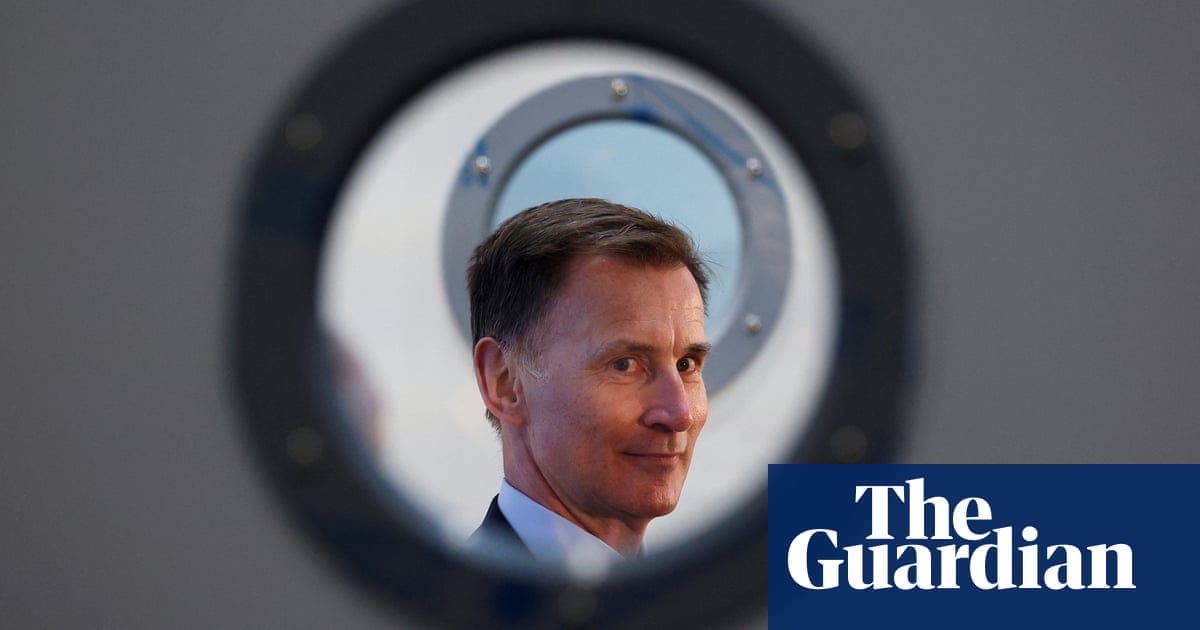
The plan will be kicked off by a $5 million investment from his own fortune, earned through his family-owned holding company
BAGHDAD: With Iraqi government coffers running perilously low, state-sponsored football clubs are exploring private investments for the first time — and Diwaniyah is leading the way.
Hussein Al-Ankoushi, a 33-year-old lawyer and businessman, returned to his southern hometown of Diwaniyah in 2019 to build up its local club after years in Europe and the US.
He is pushing a policy seen as radical in Iraq: Private investment to plug the state’s shrinking funding.
“Football is one of the best investments in the world,” Ankoushi told AFP in an interview.
“When we think of Spain, Germany or England, we think of their football teams — all owned by businessmen.
“We want to develop our infrastructure so we can benefit from such financial revenues too,” he said. The smartly dressed businessman spoke from Diwaniyah’s dilapidated stadium, which has no floodlights and seating only on one side.
“How can you play real football in these poor conditions?” asked Ankoushi, who said he would prioritize renovating the stadium, buying new strips for players and provide buses to take players to away games.
To do this, he has rolled out a money-making plan modelled on foreign clubs: more televised marketing, private sponsorships, and revenue from player transfers.
The plan will be kicked off by a $5 million investment from his own fortune, earned through his family-owned holding company and more than two dozen petrol stations he owns across Iraq.
Ankoushi hopes his strategy will allow the Diwaniyah club to bypass the slow and profoundly corrupt bureaucracy of Iraq’s government.
“Our fans will see something different,” Ankoushi pledged. “Instead of standing outside the offices of government officials and begging them for money, we’ll be supporting ourselves.”
Iraq’s football highpoint was in 2007, when its national team won the Asian Cup in an upset despite the sectarian warfare ripping apart many of its cities.
But it also has 20 club teams, of which 14 are owned by ministries or other government bodies, with state-funded budgets of up to $1.7 million each. The remaining six are owned by cities, and receive a yearly stipend of just $9,000 from the youth ministry. They have used ticket sales and meagre profits from player transfers to cover the rest of their expenses.
But this year, Iraq is raking in record-low state revenues due to the simultaneous shocks of low oil prices, OPEC production restrictions and the Covid-19 pandemic. To save money, the government has cut all non-operational expenses — including to sports teams.
Muladh Al-Amin, a researcher and sports analyst, said: “It’s important for businessmen to invest in Iraq’s football clubs because they’re able to build stadiums and improve facilities, and this, in turn, will pump up the fans.”












